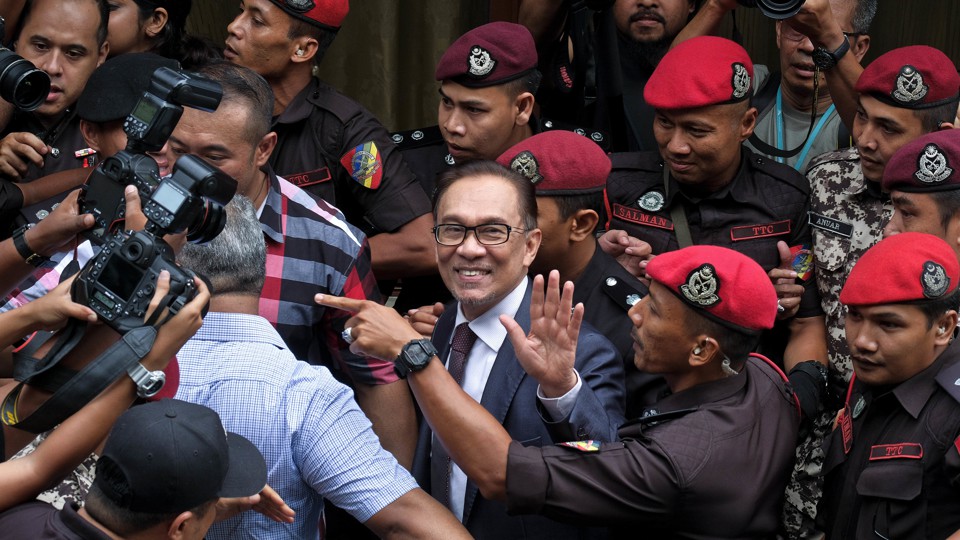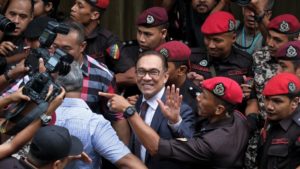
What is democracy for? This might seem like an obvious question. Yet disagreements over democracy’s ends are multiplying in the West, including in the oldest, most advanced democracies. Those disagreements include the question of whether democracy is an end unto itself or a means to something greater.

Is it possible that the United States and Europe might learn something from Malaysia, a country long seen as a flawed semi-democracy?
In this month’s elections, the ruling United Malays National Organization, as part of the National Front coalition, lost its hold on power for the first time since Malaysia won independence from the British in 1957—Mahatir Mohammed has replaced the long-serving Najib Razak as prime minister. In an unusual twist, though, the de facto leader of the opposition Alliance of Hope, Anwar Ibrahim, had been serving a five-year prison sentence on sodomy charges that appeared to be politically motivated. This week, he walked out a free man after receiving a full pardon. He may eventually become the country’s prime minister. These events were a reminder of a different kind of democratic euphoria, offering a stark contrast to the pessimism that citizens of Western countries have by now grown accustomed to. Elections do, in fact, have consequences.
In Western democracies, there’s often an unspoken assumption that democracy is supposed to produce better policy outcomes—well-paying jobs, better schools, or improved living standards, for example. Democracy’s legitimacy is tied to, and even depends on, its performance, something that’s also referred to as “performance legitimacy.” Our leaders also told us—as well as those living under dictatorship abroad—that democracy would make consensus, agreement, and a shared national vision more likely. But democracy isn’t fundamentally about these things, and Western politicians have erred in insisting that it is. This has raised expectations to levels that can’t be met. (Young democracies often show higher levels of polarization since the foundations of the state—and questions around identity, ethnicity, and religion—remain unresolved.) The gap between expectation and reality can grow precariously if promises of a better life and a great society are left unchecked.
Because there have been so few democratic successes in recent years, coupled with the demoralizing failures of the Arab Spring, it is easy to miss the more fundamental promise of even a flawed democratic process: that citizens—no matter how bad things get and how corrupt their leaders become—theoretically have recourse. They are not powerless. They can organize. They can constrain executive action. They can oppose.
Recourse is the last, and most important, refuge before a flawed democracy devolves into electoral authoritarianism. In regimes like Venezuela in Hugo Chavez’s last years, elections may still be competitive and even meaningful, but the opposition has no realistic chance of winning due to rampant gerrymandering, lack of access to media, and voter intimidation. Before these more recent election results in Malaysia, there was a fear that it would soon follow a similar course, especially after creative feats of gerrymandering rendered some constituencies more than four times as large as others. It was the classic move: Larger, urban areas that tended to vote for the opposition would have significantly less representation than the rural, traditionally pro-government parts of the country.
